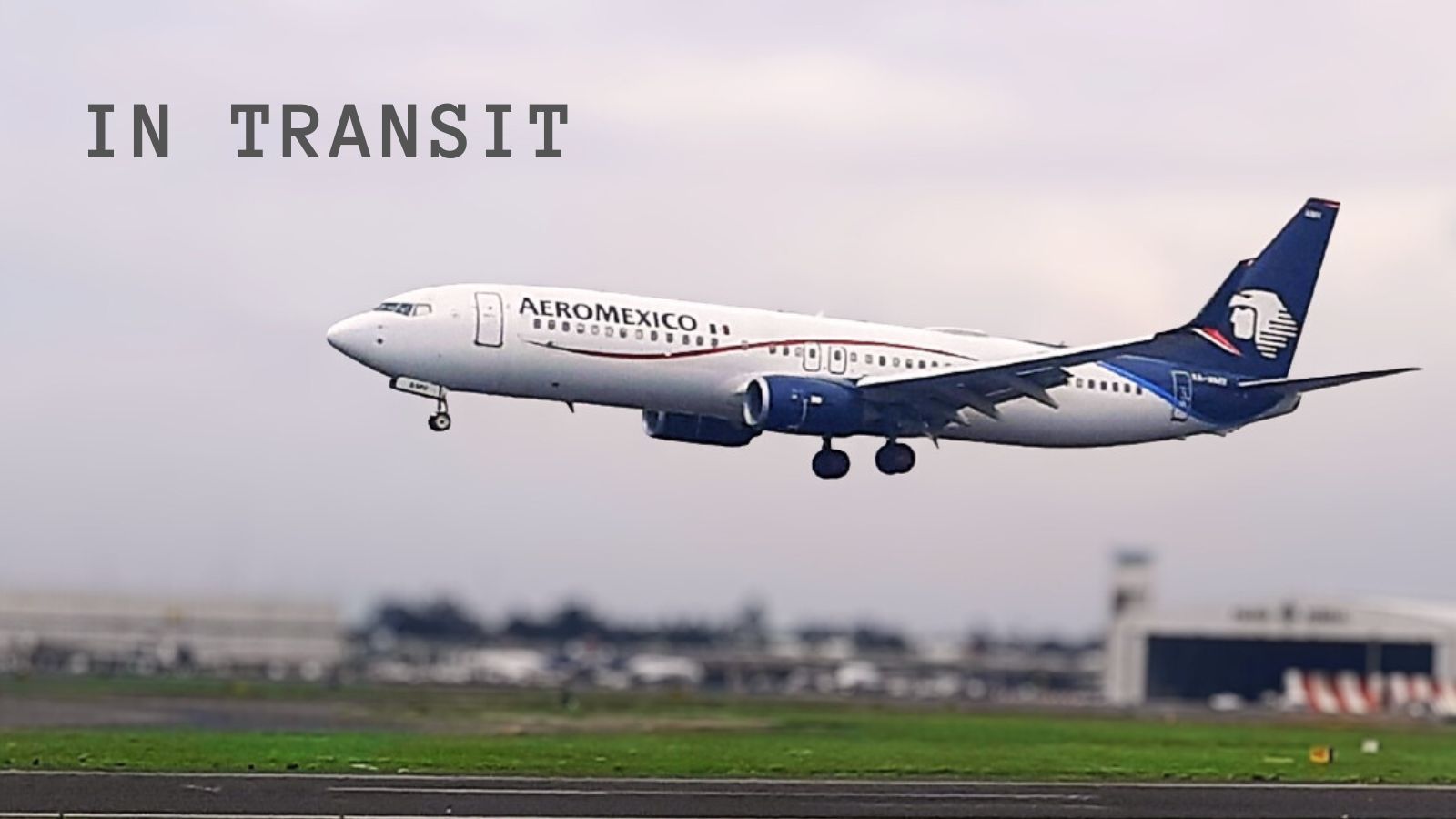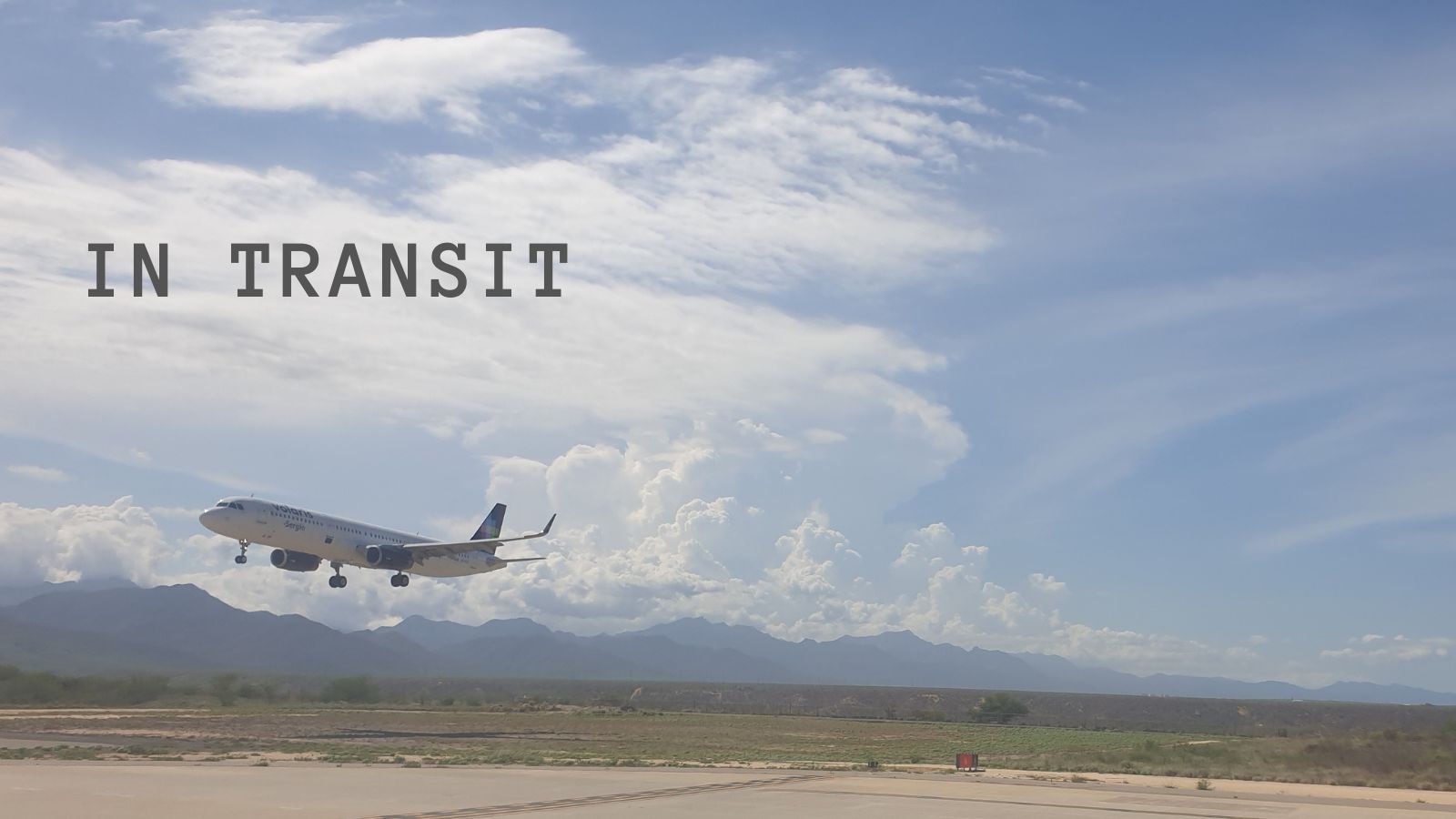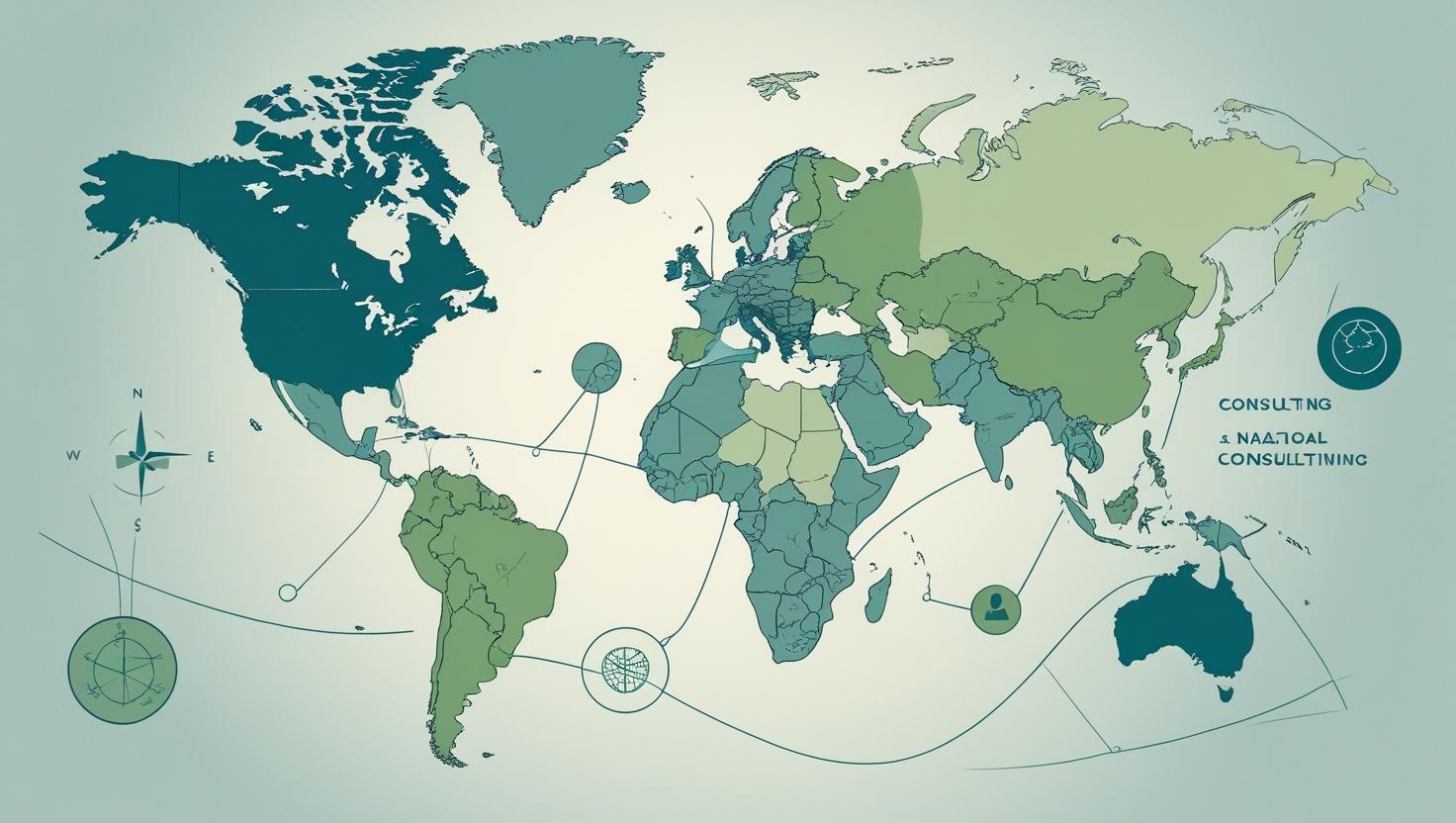I have often transited through Mexico City International Airport (MEX) over the years, and I want to share my personal experience. While I know others may have very different stories, I’ve grown to like the airport despite its quirks. It’s a place full of contrasts that reflects the energy of the city it serves.
Getting to and from the Airport
Two Airport Options: Mexico City now has two international airports: the original Mexico City International Airport (MEX) and the newer Felipe Ángeles International Airport (AIFA, airport code: NLU), which opened in 2022. All cargo operations were relocated to Felipe Ángeles in July 2023, and several airlines now operate from both locations.
Ground Transportation: The bus terminal connected to Terminal 1 at MEX serves as a convenient gateway throughout Mexico, with comfortable, high-quality buses departing regularly to major destinations. Primera Plus offers reliable service to Querétaro, though I prefer the direct flight when possible—the Panamerican Highway between Mexico City and Querétaro can be congested, making air travel both faster and more predictable.
Between Terminals: The AirTrain provides quick, clean connections, but requires a valid boarding pass. This free service can save significant walking time, especially valuable when managing connections or heavy luggage.
Metro Restrictions: Travelers planning to use Mexico City’s Metro should note that large or bulky luggage is prohibited. Pack light or arrange alternative transportation if you’re carrying substantial baggage.
Official Airport Taxi Service: The official taxi services available outside the arrival gates at both terminals are safe, reliable, and reasonably priced. These authorized taxis are regulated by the airport and offer transparent, fixed pricing displayed at their counters. They’re an excellent option for travelers who want hassle-free, secure transportation without the need to negotiate fares or worry about safety.
Transport Between MEX and AIFA (NLU): Currently, there is no direct shuttle service between the two airports. The airports are approximately 35 kilometers (22 miles) apart, with travel time typically ranging from 1 to 1.5 hours depending on traffic conditions. The official airport taxi service is likely your best option for transfers between MEX and AIFA, offering door-to-door service with professional, licensed drivers. While the journey takes time due to distance and traffic, it’s more convenient and secure than navigating public transport with luggage between the airports. If you need to transfer between MEX and AIFA using public transport, you’ll need to travel via Mexico City center using buses from operators like Futura, ADO, and ETN, but this requires separate journeys and can take several hours total. Plan accordingly if you have connecting flights at different airports.
Navigating the Airport
Mexico City Airport is expansive and frequently busy, which can test your patience during peak travel times. Here’s a useful tip: your energy often influences your experience. Arriving calm and positive typically leads to smoother interactions with staff, while stress or fatigue can make queues feel longer and service seem less accommodating.
For Permanent Residents on International Departures: If you hold permanent residence in Mexico and are departing on an international flight, you must have your passport stamped by immigration before boarding. These immigration counters are located centrally in both terminals (which handle both domestic and international flights) but aren’t always clearly marked—allow extra time and ask staff for directions if needed.
Shopping and Dining
The airport offers extensive shopping and dining options, though prices generally exceed city rates. While duty-free shopping is well-stocked with appealing items, the “tax-free” pricing can be misleading—compare costs if you have time, as airport prices sometimes exceed regular retail.
Food Options: Dining ranges from quick grab-and-go snacks to full sit-down restaurants, accommodating various schedules and preferences. Whether you need a quick coffee or a leisurely meal, you’ll find suitable options throughout both terminals.
Felipe Ángeles International Airport (AIFA – NLU)
Airlines and Routes Several major airlines now operate from both airports. Volaris and VivaAerobus fly from both MEX (Terminal 1) and AIFA, while Aeroméxico operates primarily from MEX Terminal 2 but also has some routes at AIFA. Other airlines at AIFA include Mexicana de Aviación (which is based there), Magnicharters, Arajet, Conviasa, and Copa Airlines, with Qatar Airways planning future operations.
Important: Always double-check which airport your flight departs from when booking, as airlines like Volaris and VivaAerobus operate from both locations.
Location and Access AIFA is located further from central Mexico City than MEX, but it often offers cheaper flights and lower airport taxes. Consider this trade-off between cost savings and travel time to the city center when choosing between the two airports.
Live Flight Information
Online Departure/Arrival Boards Both airports have live flight status available online:
Mexico City International Airport (MEX):
- Official AICM website: aicm.com.mx/en
- Flightradar24: flightradar24.com/data/airports/mex
- FlightAware: flightaware.com/live/airport/MMMX
Felipe Ángeles International Airport (NLU):
- Flightradar24: flightradar24.com/data/airports/nlu
- FlightAware: flightaware.com/live/airport/MMSM
- NLU Airport website: nluairport.com/departures
These resources are especially useful during volcanic activity or weather delays to check real-time flight status.
Potential Disruptions
Volcanic Activity Popocatépetl volcano can impact air travel at Mexico City airport, sometimes causing flight cancellations and delays. This active volcano, located southeast of the city, occasionally produces ash clouds that force temporary airport closures for safety reasons. If you’re traveling during periods of increased volcanic activity, check your flight status regularly and consider flexible booking options.
Service Issues and Complaints If you experience significant delays or service problems, know your rights as a passenger. Aeroméxico, in particular, has faced government criticism for being the subject of the majority of complaints over cancellations and delays. Keep documentation of any issues, as Mexico’s consumer protection agency (PROFECO) handles aviation service complaints and can help resolve disputes with airlines.ico’s consumer protection agency (PROFECO) handles aviation service complaints and can help resolve disputes with airlines.
Don’t Miss
One of MEX’s hidden pleasures is the spectacular view during night flight arrivals. The sprawling tapestry of city lights below creates an unforgettable vista that captures the true scale and vibrancy of Mexico City. It is a perfect reminder of this remarkable metropolis as you arrive or depart.




